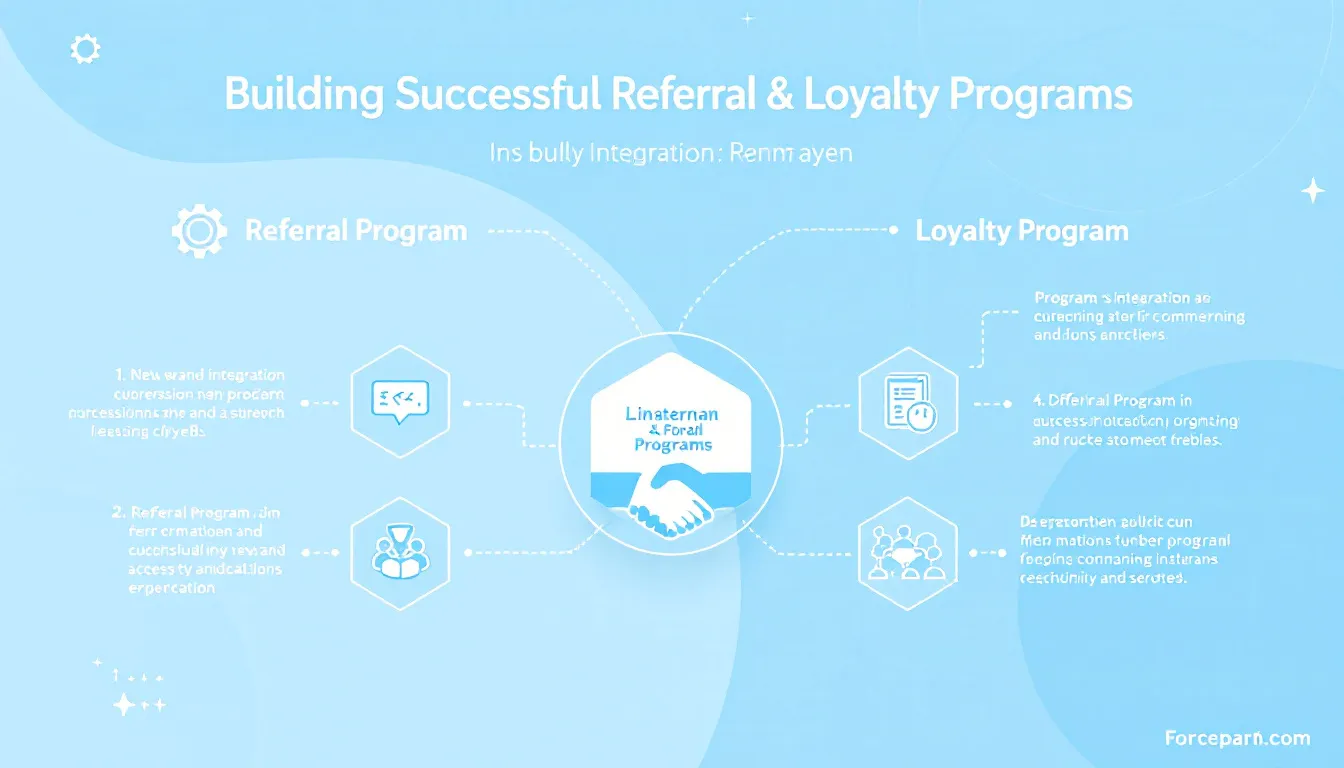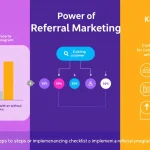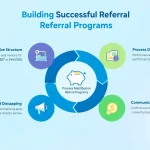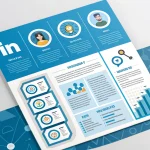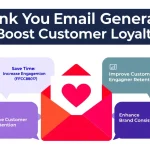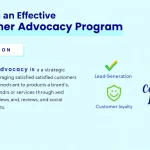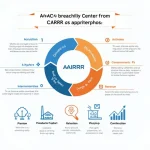Is this tool helpful?
How to Use the Distribution Plan Generator Effectively
The Distribution Plan Generator is designed to create customized strategies incorporating referral programs and customer loyalty rewards. Here’s a detailed guide on using each field:
Input Fields Guide
- Type of business or industry: Enter your specific business category. Examples: – “Luxury Fashion Boutique” – “Online Education Platform”
- Target customer base: Define your ideal customer demographic. Examples: – “Tech-savvy millennials in urban areas with disposable income” – “Small business owners seeking professional development”
- Primary business goals: Outline your key objectives. Focus on specific, measurable targets
- Available budget: Input your allocated budget for implementing the programs
- Current distribution channels: List your existing marketing and distribution methods
Understanding the Distribution Plan Generator
This comprehensive tool helps businesses develop strategic distribution plans that leverage the power of referral marketing and customer loyalty programs. It creates tailored strategies based on your specific business type, target audience, and goals.
Core Components
- Referral program structure
- Loyalty reward mechanisms
- Channel integration strategies
- Budget allocation recommendations
- Implementation timeline
Benefits of Using the Distribution Plan Generator
Strategic Advantages
- Data-driven decision making
- Customized program development
- Resource optimization
- Competitive positioning
- Customer retention enhancement
Operational Benefits
- Streamlined planning process
- Clear implementation guidelines
- Measurable outcomes
- Scalable solutions
- Cost-effective strategies
Addressing Business Needs
Customer Acquisition Strategy
The generator creates targeted referral programs based on your business type and target audience. For example, a SaaS company targeting enterprise clients might receive a plan featuring:
- Two-sided referral rewards
- Extended trial periods for referred customers
- Enterprise-specific bonus structures
Customer Retention Framework
The tool develops loyalty programs that match your business goals. Consider this example for a fitness studio:
- Tiered membership rewards
- Class attendance bonuses
- Friend referral incentives
- Seasonal promotion calendars
Practical Applications and Use Cases
E-commerce Example
An online fashion retailer implements the generated plan:
- Initial referral bonus: $20 store credit
- Loyalty tiers: Bronze, Silver, Gold
- Point system: 1 point per $1 spent
- Quarterly rewards events
Service Industry Example
A professional consulting firm implements these recommendations:
- Client referral commission: 10% of first project
- Loyalty program: Accumulated service hours
- Annual client appreciation events
- Priority booking for repeat clients
Frequently Asked Questions
General Questions
Q: How long does it take to implement the generated plan?
A: Implementation timelines vary based on business size and complexity, typically ranging from 2-8 weeks for full deployment.
Q: Can I modify the plan after generation?
A: Yes, the generated plan serves as a strategic framework that can be adapted to your specific needs and market conditions.
Q: What makes a successful referral program?
A: Successful referral programs combine attractive incentives, clear communication, and simple participation processes while maintaining profitability.
Technical Questions
Q: How often should I update my loyalty program?
A: Review and refresh your loyalty program every 6-12 months to maintain engagement and competitiveness.
Q: What metrics should I track?
A: Key metrics include referral conversion rate, customer lifetime value, program participation rate, and return on investment.
Implementation Questions
Q: How do I communicate the program to customers?
A: Utilize multiple channels including email, social media, in-store signage, and direct communication through sales staff.
Q: What technology do I need?
A: Basic requirements include a customer relationship management (CRM) system and program tracking software.
Q: How do I train staff on the new program?
A: Develop comprehensive training materials, conduct workshops, and provide ongoing support for staff questions and concerns.
Strategic Considerations
Program Integration
Successful implementation requires seamless integration with:
- Existing marketing initiatives
- Customer service protocols
- Sales processes
- Technology infrastructure
Success Factors
Key elements for program success include:
- Clear value proposition
- Simple participation process
- Regular communication
- Consistent reward delivery
- Ongoing program optimization
Important Disclaimer
The calculations, results, and content provided by our tools are not guaranteed to be accurate, complete, or reliable. Users are responsible for verifying and interpreting the results. Our content and tools may contain errors, biases, or inconsistencies. We reserve the right to save inputs and outputs from our tools for the purposes of error debugging, bias identification, and performance improvement. External companies providing AI models used in our tools may also save and process data in accordance with their own policies. By using our tools, you consent to this data collection and processing. We reserve the right to limit the usage of our tools based on current usability factors. By using our tools, you acknowledge that you have read, understood, and agreed to this disclaimer. You accept the inherent risks and limitations associated with the use of our tools and services.
